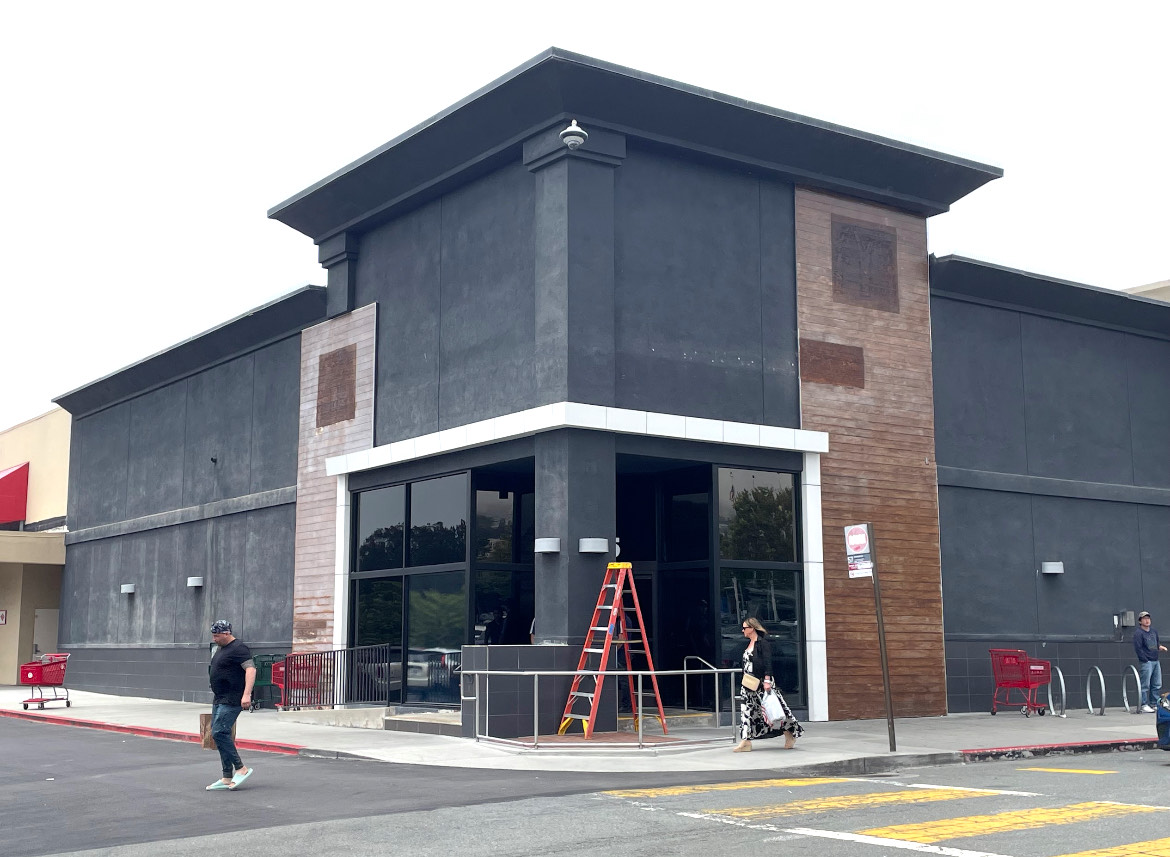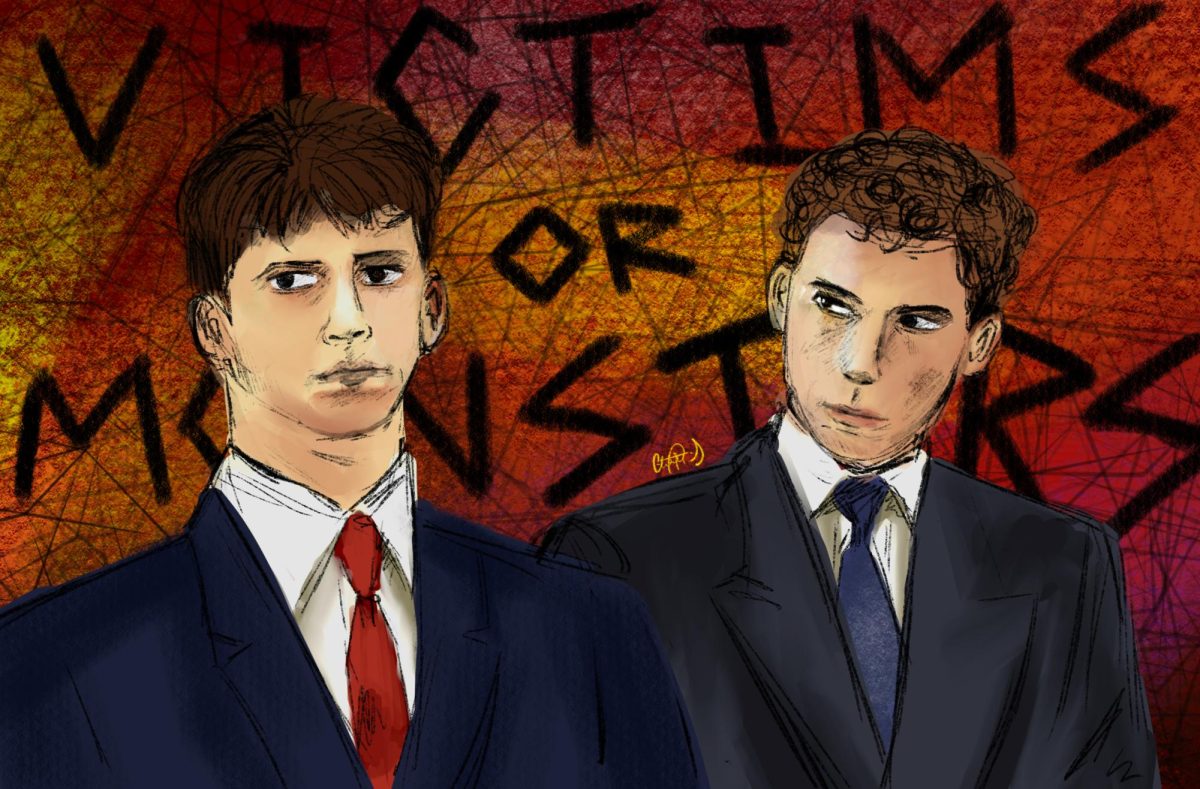Scooters are becoming a more popular choice for city dwellers, and pedestrians drivers are concerned that they are invading their space.
Scooters might be a great tool against traffic emissions and a sedentary lifestyle, but if they are not used with proper precautions and guidelines, people can do whatever they want and this can lead people to leaving them on the middle of streets and riding them wherever they want.
“We certainly saw a lot of people enjoying themselves on the scooters, but we also saw a lot of problems around safety and blocking sidewalks,” according to SFMTA Sustainable Streets Director Tom Maguire in news reports.
Electric scooters were first deployed in San Francisco 10 months ago and then they were banned in June after complaints, and the companies faced tens of thousands of dollars in fines. Later, companies like Skip and Scoot, were granted licenses, with requirements and guidelines.
They were banned at first because people were careless about the pedestrian safety and because they weren’t provided with guidelines for riders to follow. Also, some scooter companies deployed their own without permission.
Even though these new scooters have grown in popularity they can be a nuisance for others if used incorrectly.
“Hundreds of motorized electric scooters quietly descended upon San Francisco seemingly overnight in March. And then one day in June, they were gone” according to Umair Irfan on vox.com.
“I ride them in the sidewalks during weekends and no one ever told me anything,” said Jordan Noeuku ’21. I think that is because is a very small skateboard and it is very easy to pass through people without disturbing their way.”
The city then granted two licenses to Scoot and Skip, with more strict regulations. Still, these companies struggle to manage the way people use the scooters while driving and parking them. Some people weren’t satisfied with the granting of licenses to these scooters, taking into consideration that they have to not only manage scooters, but people as well.
Cory Nelson, who teaches Social Science said, “I’m in favor of these scooter companies as long as follow regulations set up by the city. Another thing I found out about these scooters is when you park the scooter you have to take a picture of the scooter so that you can practice safe parking laws. This keeps scooters off the street and on the sidewalks when parked.”
Sanjay Dastoor, founder and CEO of Skip, said his company’s approach is to work with cities from the beginning to craft a program that worked for regulators and residents. Still, many fear that since the rules are not written, this ideal is not close to reality.
Bird and Lime scooter company providers have been named in a class of action lawsuit that alleges their negligence in which both riders and pedestrians were injured, according to www.pbs. org. San Francisco and Denver, the most popular cities in the nation that allow e-scooters, banned their scooter programs, because of these companies’ lack of regulations.
Then in August, they granted license to the two companies when they finally “established regulations.” According to sfchronicle.com, each company has a permit of 625 scooters and the numbers could double in six months.
Scooter startups have launched safety campaigns in an effort to get people to begin following their rules and wearing helmets while also arguing that focusing on scooter safety misses the broader impact of reducing reliance on automobiles.
Still, the companies are finding ways to regulate them. The city chose the companies from a crowded field of 12, which submitted a collective 800 pages in proposals on their operations, safety, and places to extend the scooter bounty to San Francisco’s neighborhoods, according to Wired.com.
Most complaints centered around the time when the scooters were first deployed, and there are still concerns with companies not giving guidelines to manage their programs. Other e-scooter companies, like Bird and Lime that once operated in San Francisco, were denied licenses due to deployment without a regular permission, according to wired.com.
Scooters are efficient and beneficial for the city and the environment. With the amount of pollution being released into the air, like the California wildfires, these devices are seen as a step toward lessening emissions.







